In today’s fast-paced work environment, the concepts of confidence and ego often emerge in discussions about professional success and personal development. While they may appear similar on the surface, they are fundamentally distinct. Understanding the difference between working with confidence versus operating from a place of ego can significantly influence your career path and workplace relationships. This blog explores how to cultivate confidence while keeping ego in check, leading to a more productive and harmonious work life.
what does it mean to work with confidence?
Confidence in the workplace is characterized by self-assurance, competence, and a positive outlook on challenges. Confident professionals believe in their abilities and are willing to take the initiative, speak up in meetings, and tackle projects with enthusiasm. They are comfortable making decisions and dealing with setbacks because they view challenges as opportunities for growth rather than threats.
key traits of confident professionals:
self-awareness. They understand their strengths and weaknesses and are open to feedback.
adaptability. They embrace change and remain composed under pressure.
collaboration. Confident individuals value teamwork and encourage contributions from others.
resilience. They bounce back from failures and learn from mistakes.
what about ego?
Ego, however, often distorts our self-perception and behavior in the workplace. An inflated ego can lead to arrogance, defensiveness, and a constant need for validation. Individuals driven by ego may prioritize being right over finding solutions, alienating colleagues and undermining teamwork.
common characteristics of ego-driven behavior:
need for recognition. They seek external validation and accolades.
resistance to feedback. They view criticism as a personal attack rather than an opportunity for growth.
inflexibility. They may struggle to adapt to new ideas or constructive suggestions.
competition over collaboration. They often prioritize individual achievement over team success.
the impact of confidence vs. ego in the workplace.
building trust. Confidence fosters trust and respect among colleagues. When team members feel secure in their abilities, they are more likely to contribute openly and creatively. In contrast, an ego-driven atmosphere can lead to distrust and competition, stifling collaboration and innovation.
enhancing leadership. Confident leaders inspire and motivate their teams by demonstrating humility and a willingness to learn. They create an environment where others feel valued and empowered. Alternatively, an ego-driven leader may overshadow team contributions, leading to resentment and decreased morale.
improving decision-making. Confidence allows individuals to make informed decisions based on data and input from others. They consider various perspectives and remain open to alternative solutions. Ego-driven decision-makers, however, may disregard others’ opinions, resulting in shortsighted or poorly informed choices.
strategies for working with confidence instead of ego.
1. cultivate self-awareness. Regularly take stock of your skills and areas for improvement. Journaling can help you reflect on your behavior and identify when your ego might be influencing your decisions.
2. seek constructive feedback. Create a culture of feedback within your team. Actively solicit input from colleagues and be willing to accept criticism graciously. This openness fosters growth and builds trust.
3. practice gratitude. Shift your focus from personal achievements to appreciation for your team’s contributions. Acknowledging others’ efforts promotes a collaborative environment where everyone feels valued.
4. emphasize team success. Celebrate collective achievements rather than individual accolades. Recognizing the team’s hard work fosters a shared sense of responsibility and encourages cooperation.
5. focus on learning. Approach challenges with a learner’s mindset. Instead of fearing failure, view it as an opportunity to grow and improve. This attitude helps keep ego in check and encourages perseverance.
6. stay grounded. Remember your core values and the reasons behind your work. This grounding can help you remain humble and focused, regardless of the challenges you face or the accolades you receive.
Working with confidence rather than ego can transform not only your professional journey but also the dynamics of your workplace. Confidence allows for authentic leadership, nurtures collaboration, and cultivates resilience. By recognizing the detrimental effects of ego and actively working to foster a culture of confidence, you set yourself—and your team—up for greater success.
As you navigate your career, prioritize self-awareness, openness to feedback, and a commitment to collective success. In doing so, you will create a work environment that champions collaboration and innovation, ultimately leading to a more fulfilling professional experience for yourself and your colleagues. Remember, true confidence comes from knowing your worth and contributing positively, while ego often leads to distraction and divisions—choose wisely!

